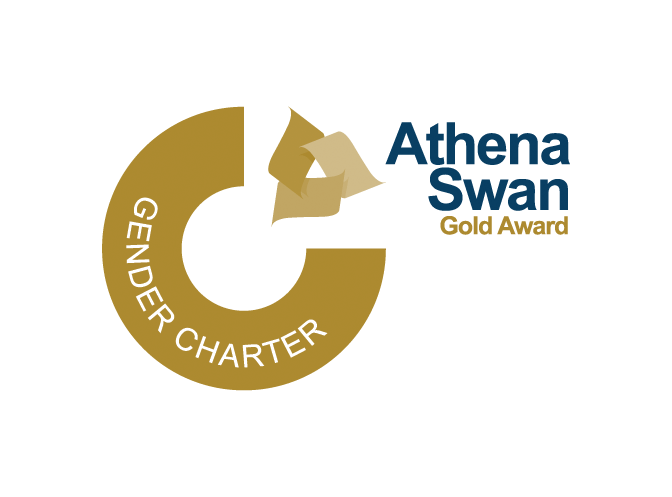Wellbeing
Beacon Activities
- Wellbeing Rooms: We have private, lockable rooms in each of our three research centres “available for anyone in need – whether for taking medication, to help get rid of a headache, or in terms of anxiety, mental health, or other issues” [use anonymous sharepoint booking system]
- BSRC Room 1.03 (ground floor)
- CBD Room 7, on the 1st floor of Dyers Brae
- SOI Room 1.01 (off landing above old foyer)
- Guidance on sending emails: We have developed guidance on sending emails out of hours, encouraging staff to consider the implications in terms of stress levels of an email received late at night.
- Fieldwork Code of Conduct. Our Fieldwork Code of Conduct outlines responsibilities and expected standards of behaviour for anyone involved in fieldwork, field courses, work placements and conferences. Guidelines are intended to promote respectful behaviour at all times, as well as inclusivity and wellbeing for all.
Students
The university provides advice and support on student wellbeing. Student Services are the first port of call for help needed.
Staff
The university provides several employee wellbeing webpages, and policies around flexible working and hybrid working (including a home workspace equipment policy).
In the School of Biology, recent wellbeing events and resources include:
- Biology Workload Creep Survey. A survey of school staff in 2022 highlighted many of the issues with rising workload. We compiled a report and recommendations about how to counter this.
- Staff Wellbeing: Resources and Support Event. A video recording of the event can be found here. Powerpoint slides from the event can be viewed using the following links – staff wellbeing signposting, staff support flowchart and Occupational Health services, as well as a compendium of useful links.
- Prof Carron Shankland’s seminar “Being productive and staying well” about experiences with mental ill-health in academia
- Wellbeing page on the School of Biology Teams site – for chat, anecdotes and generally stuff to make you smile!
Harassment and bullying
We are committed to a zero-tolerance approach to bullying, harassment, discrimination or victimisation of any kind. Bullying is defined as “offensive, intimidating, malicious or insulting behaviour, an abuse or misuse of power through means that undermine, humiliate, denigrate or injure the recipient”. Harassment as defined in the Equality Act 2010 as “unwanted conduct related to a relevant protected characteristic, which has the purpose or effect of violating an individual’s dignity or creating an intimidating, hostile, degrading, humiliating or offensive environment for that individual”.
Staff should refer to the University staff dignity and respect at work policy. Students should refer to the webpage that the University has compiled on policy and resources available for those being bullied or harassed.
If you or someone you know has experienced bullying, discrimination, abuse, assault or harassment of any sort, you can report such incidents anonymously and access internal/external support using the University’s Report and Support tool. This tool can be used by students, members of staff, members of the public or visitors to the University.
External Resources
There are several excellent publications available from the Mental Health Foundation:
- How to look after your mental health
- How to support good mental health at work
- How to manage and reduce stress
- How to overcome fear and anxiety
- How to look after your mental health using mindfulness
- How to look after your mental health using exercise
- How to sleep better
- How to look after your mental health in later life
- The truth about self harm
